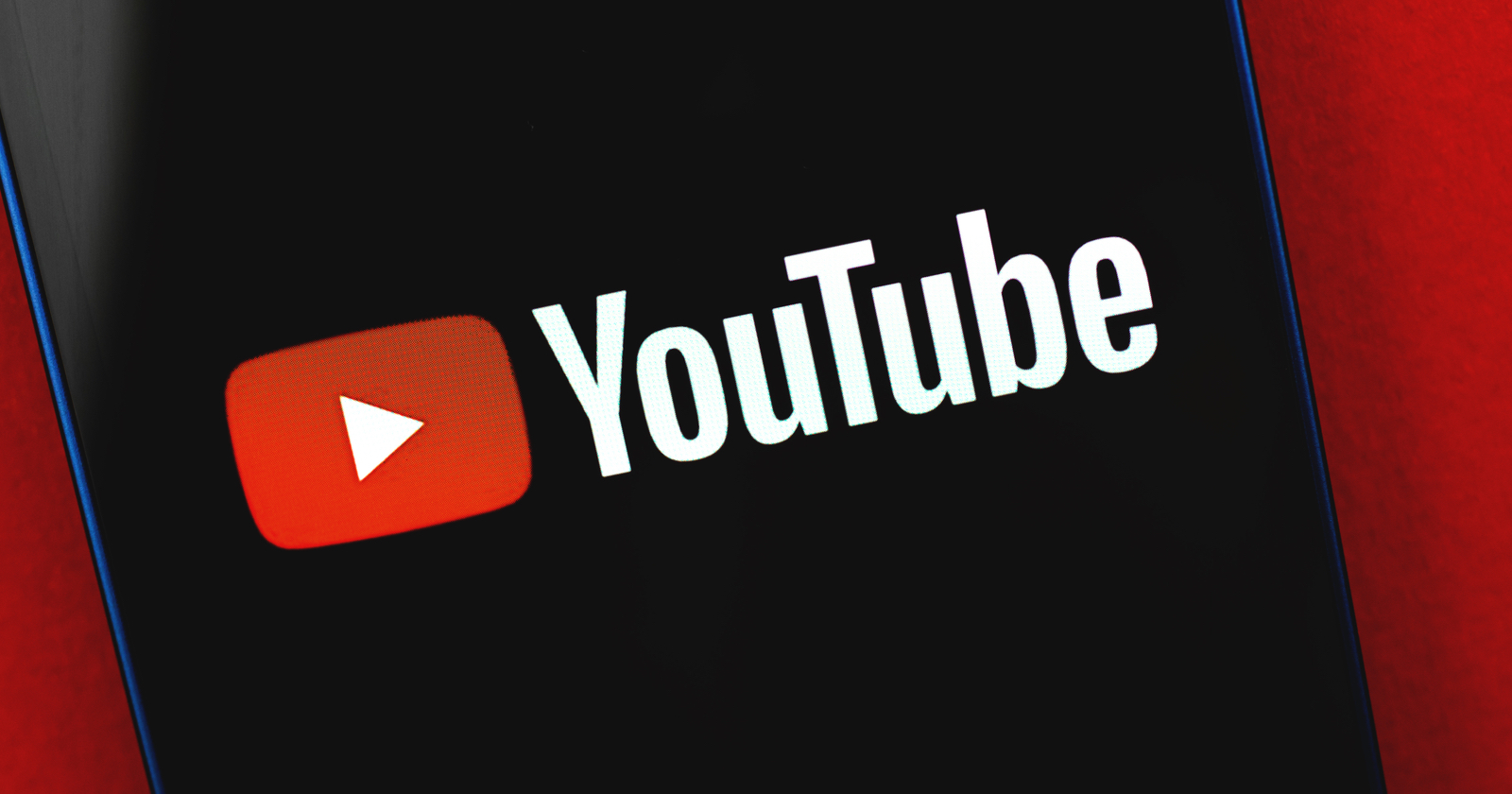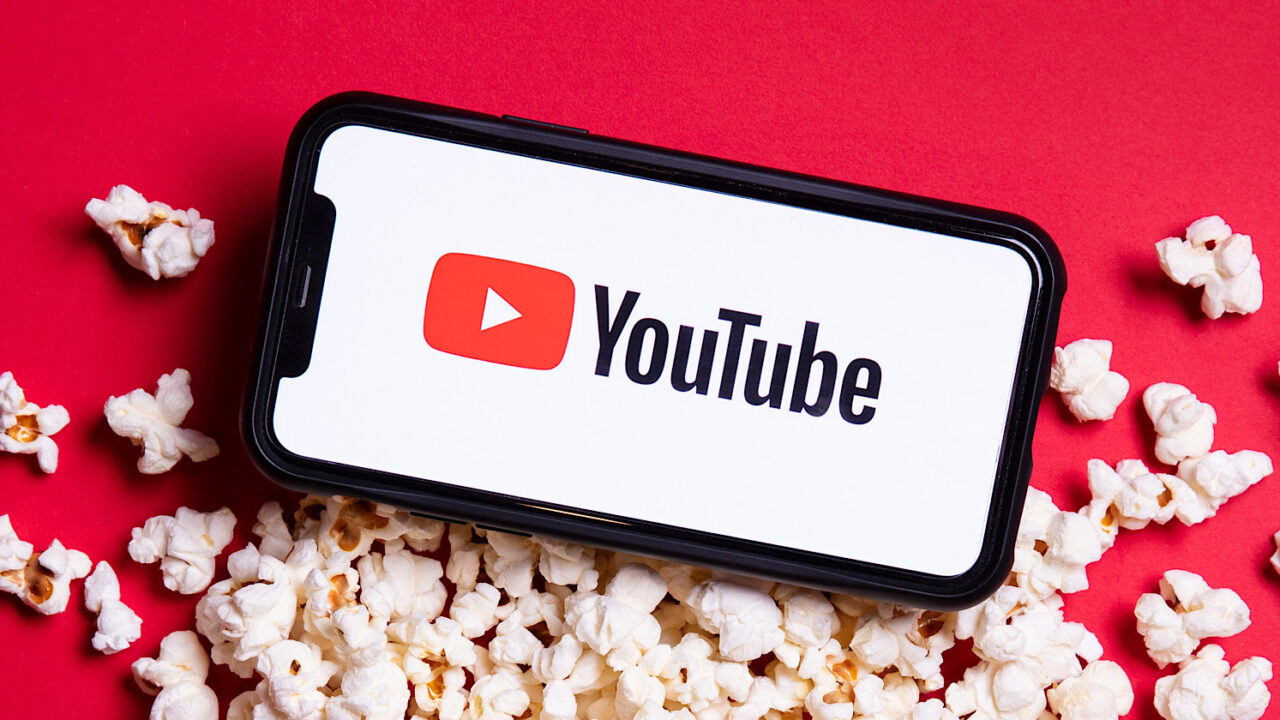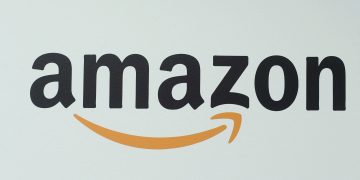In a troubling development, NSFW (Not Safe For Work) advertisements have once again appeared on YouTube, raising concerns among users and regulators about the effectiveness of Google’s content moderation policies. Despite Google’s repeated assurances and robust measures to prevent such ads, many users are reporting an uptick in inappropriate content, prompting a wave of criticism and calls for stricter oversight.
YouTube, the world’s largest video-sharing platform owned by Google, has long struggled with the challenge of filtering inappropriate content from its ad system. NSFW ads, which often contain explicit or adult-themed material, are not only offensive to many users but also violate YouTube’s advertising policies.

Reports from various users indicate that these ads are appearing more frequently, interrupting videos ranging from children’s cartoons to educational content. Parents, in particular, have voiced their frustration and concern, fearing the potential exposure of their children to such unsuitable material.
This resurgence comes despite Google’s high-profile commitment to tackling the issue. In the past, the company has implemented several measures aimed at preventing NSFW ads, including advanced machine learning algorithms, human moderators, and strict advertising guidelines.
“We are dedicated to providing a safe environment for our users,” a Google spokesperson said in a statement last year. “Our teams are constantly working to improve our systems and ensure that inappropriate ads do not slip through.”
However, the current situation suggests that these measures are either insufficient or not being effectively enforced, leading to a breakdown in the content moderation system.
The reappearance of NSFW ads has sparked a significant backlash from the YouTube community. Social media platforms are flooded with complaints from users, many of whom feel that their trust in the platform is being eroded.

“As a parent, I rely on YouTube to provide safe content for my kids,” said one concerned mother. “Seeing these explicit ads pop up during their viewing time is unacceptable. Google needs to do better.”
Educators and content creators are also expressing their dismay, highlighting how such ads can disrupt the viewing experience and potentially harm their audience base.
The issue has also caught the attention of regulators and advocacy groups. There are growing calls for more stringent regulations on digital advertising to protect users from inappropriate content. Some experts suggest that the current self-regulation model is inadequate and that external oversight might be necessary to ensure compliance.
“Google’s repeated failures to control NSFW ads on YouTube indicate a systemic issue,” said Jane Thompson, a digital safety advocate. “It’s clear that more robust measures and perhaps regulatory intervention are needed to protect consumers, especially minors.”
In response to the mounting criticism, Google has issued a statement acknowledging the problem and reiterating its commitment to user safety. The company has promised to conduct a thorough investigation and take immediate action to address the issue.
“We apologize for any distress caused by the appearance of inappropriate ads,” a Google spokesperson said. “Our teams are working around the clock to rectify this and prevent future occurrences. We value our users’ trust and are committed to ensuring a safe experience on our platform.”
The recurrence of NSFW ads on YouTube underscores the ongoing challenges that tech giants face in moderating content and maintaining user trust. As Google pledges to tighten its safeguards, users and regulators alike will be watching closely to see if the company can deliver on its promises and restore confidence in its advertising system.












